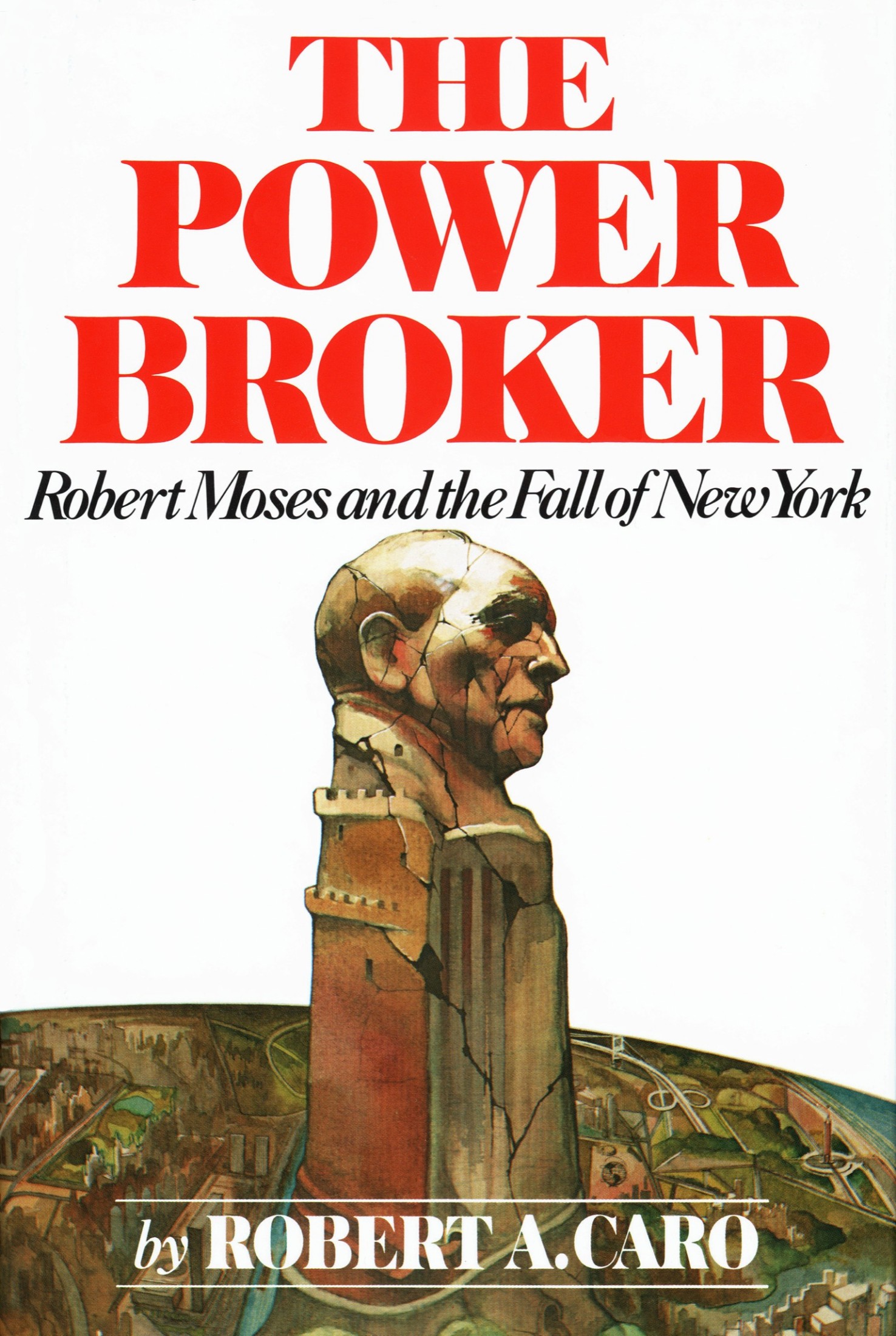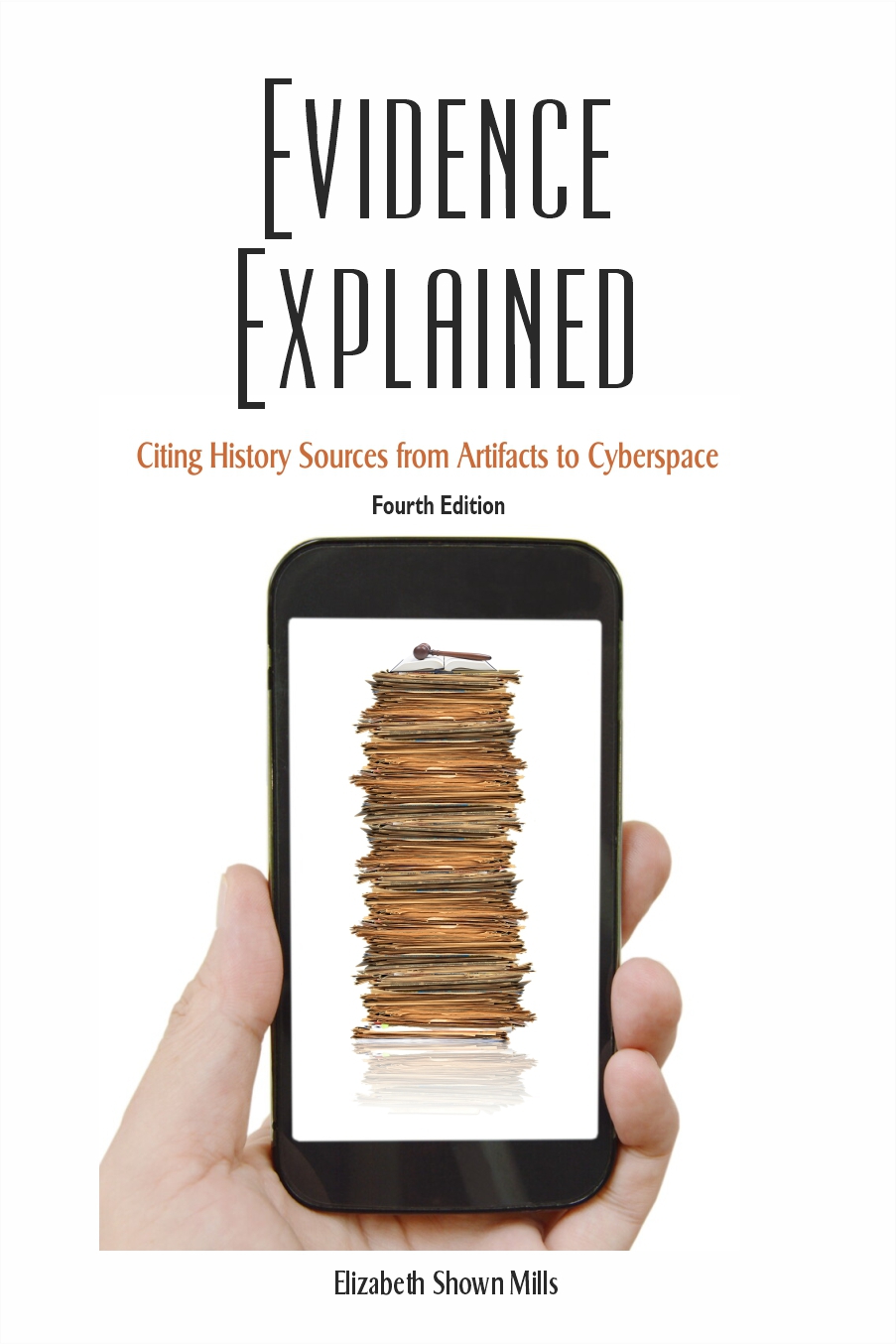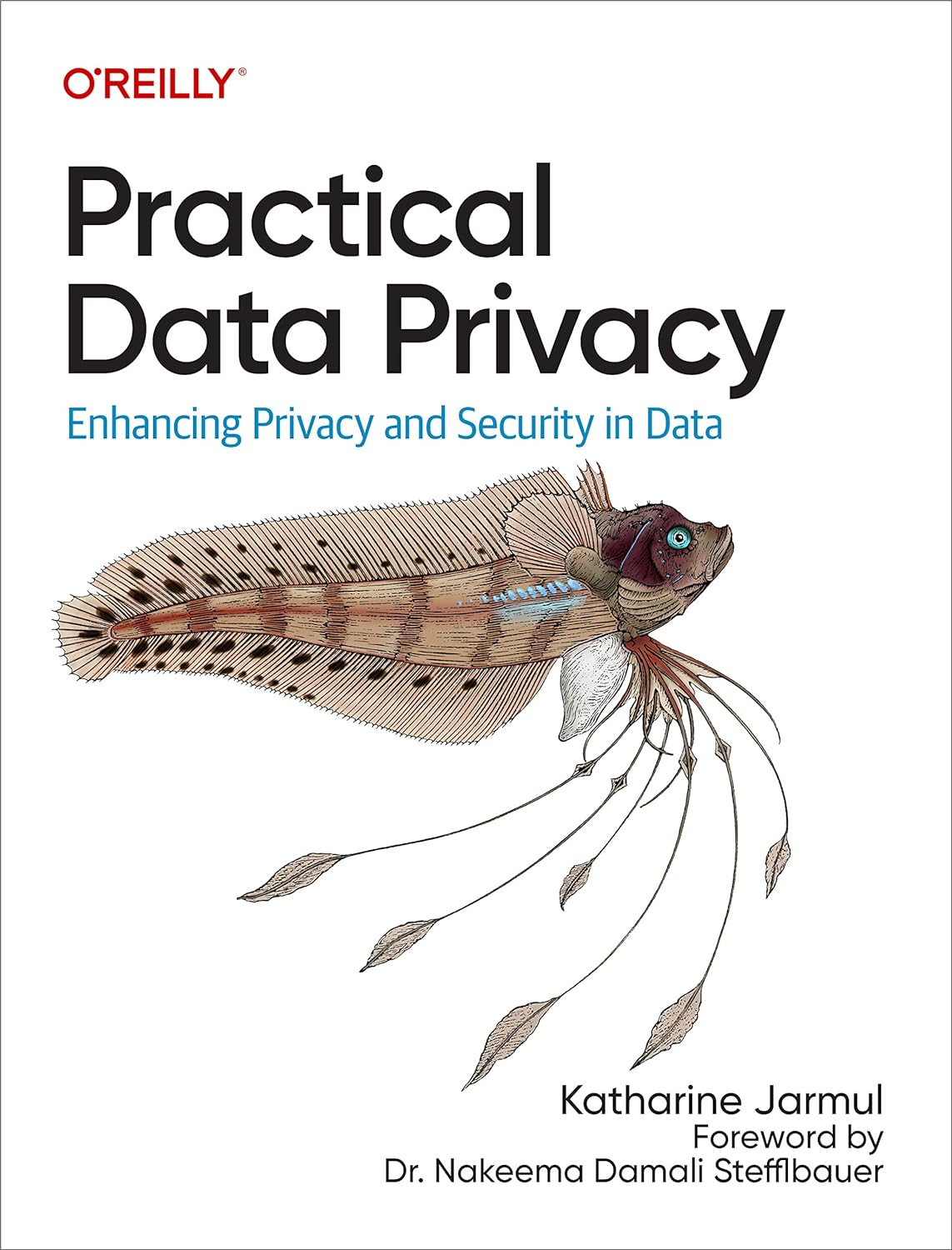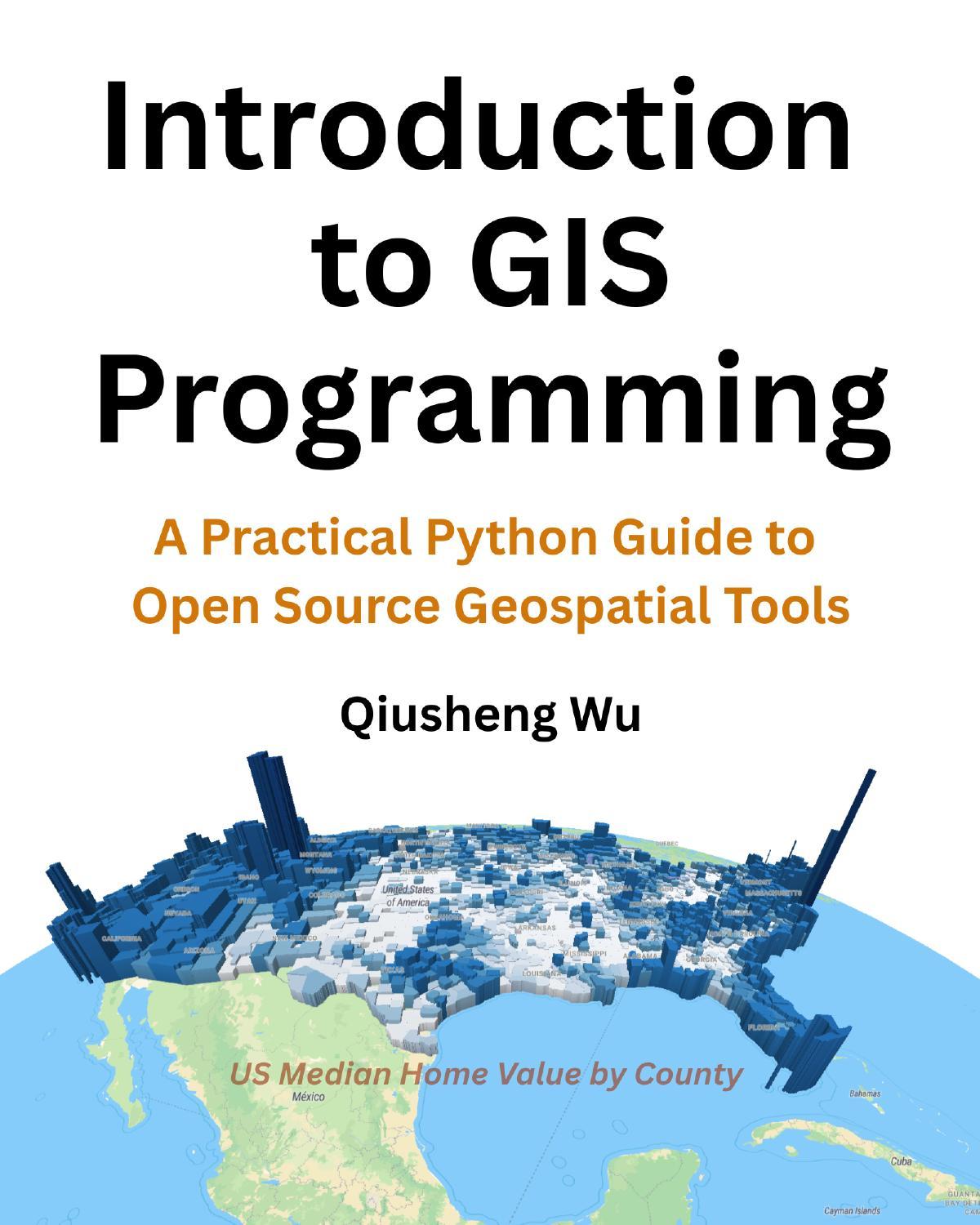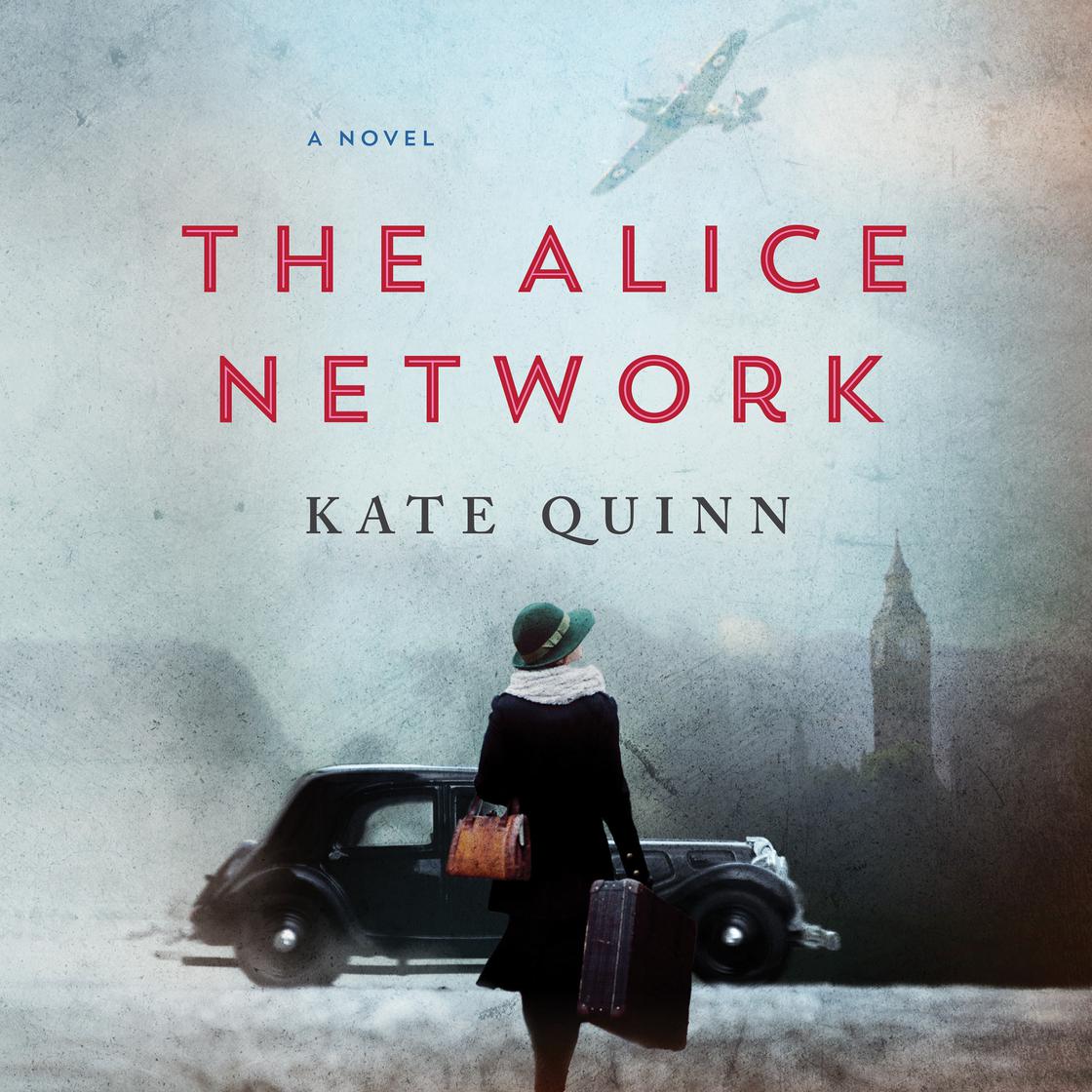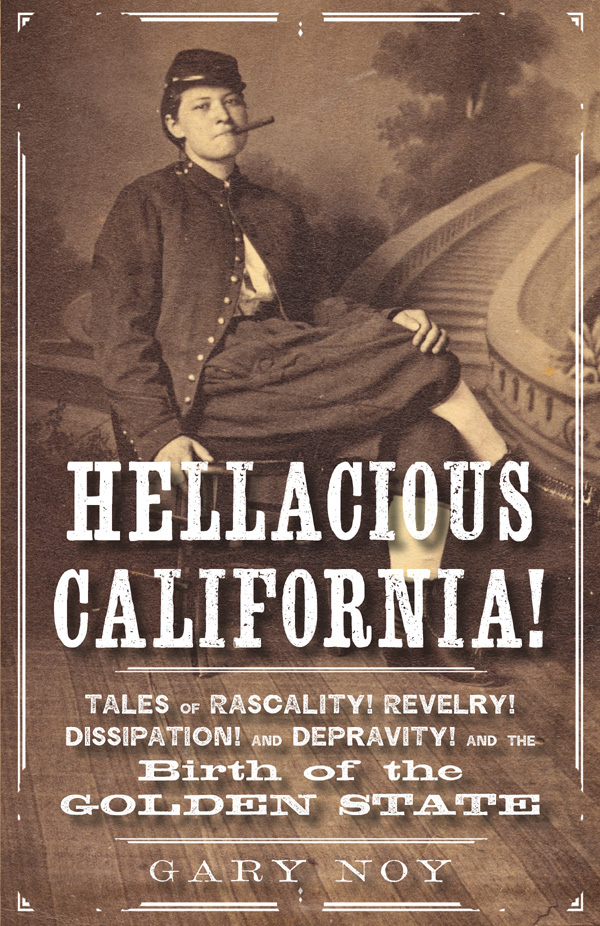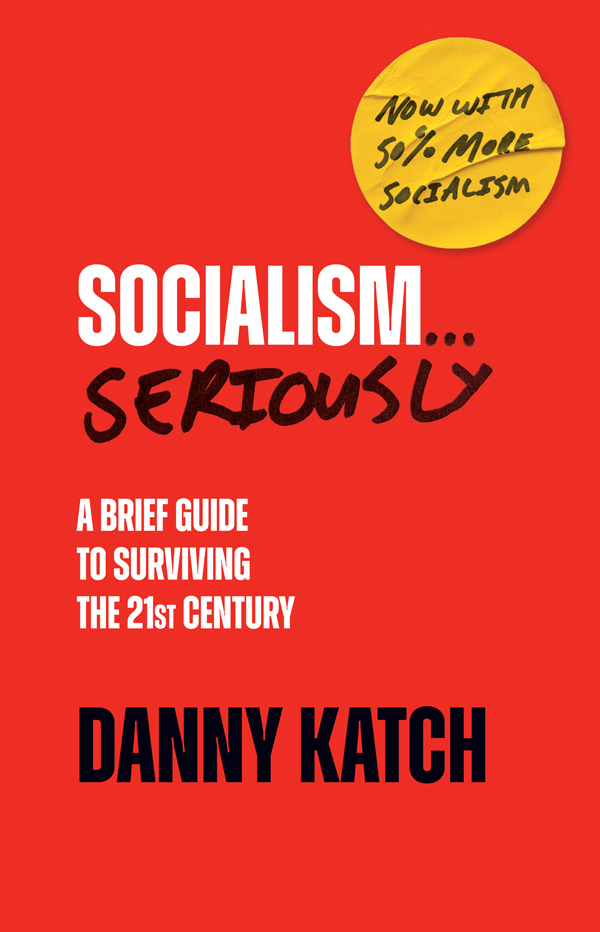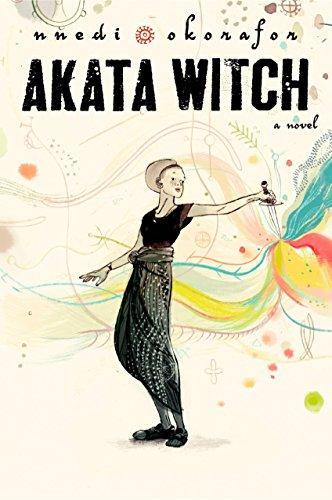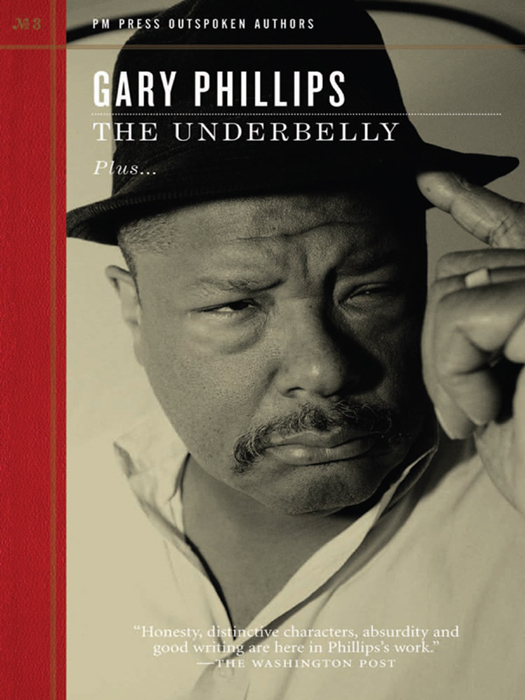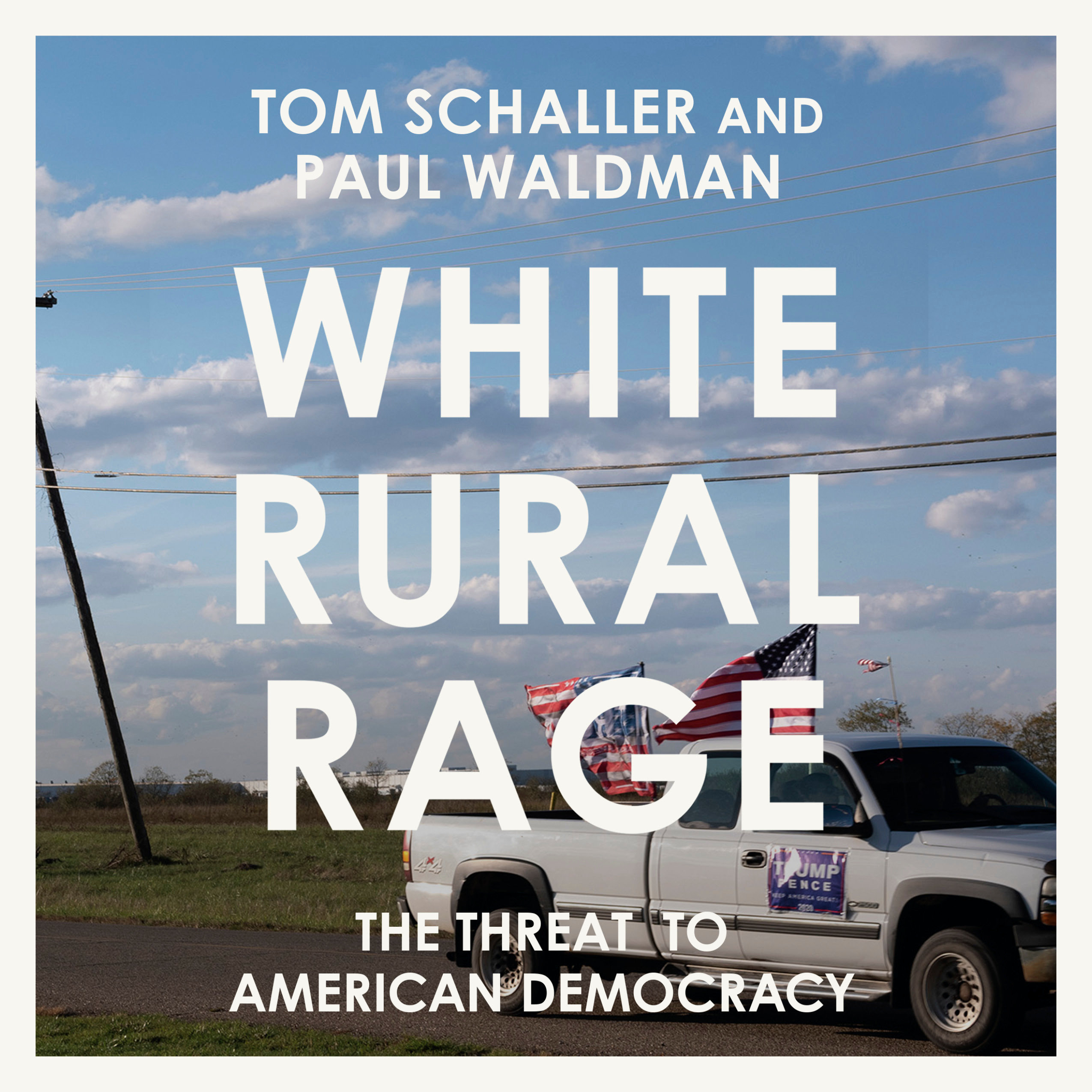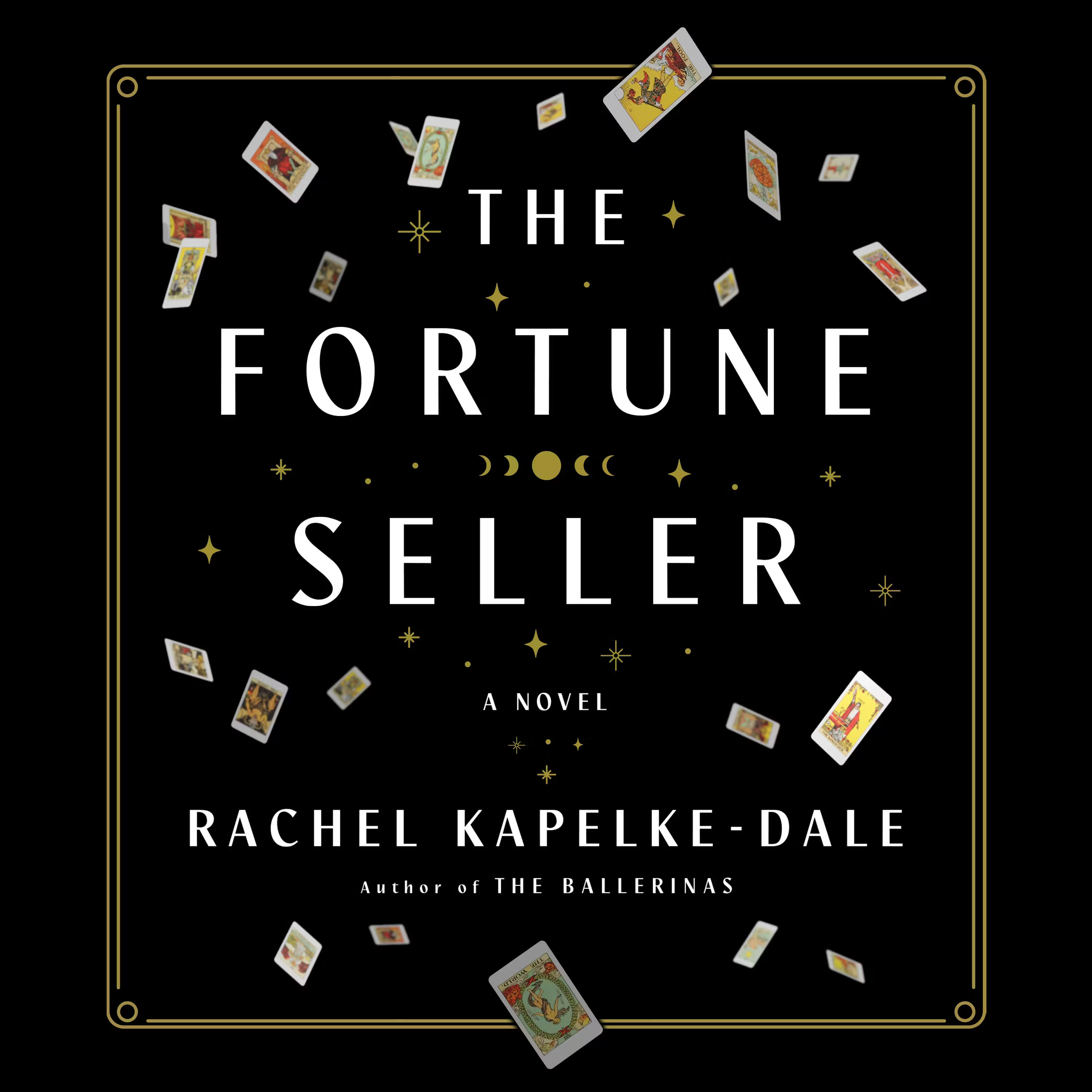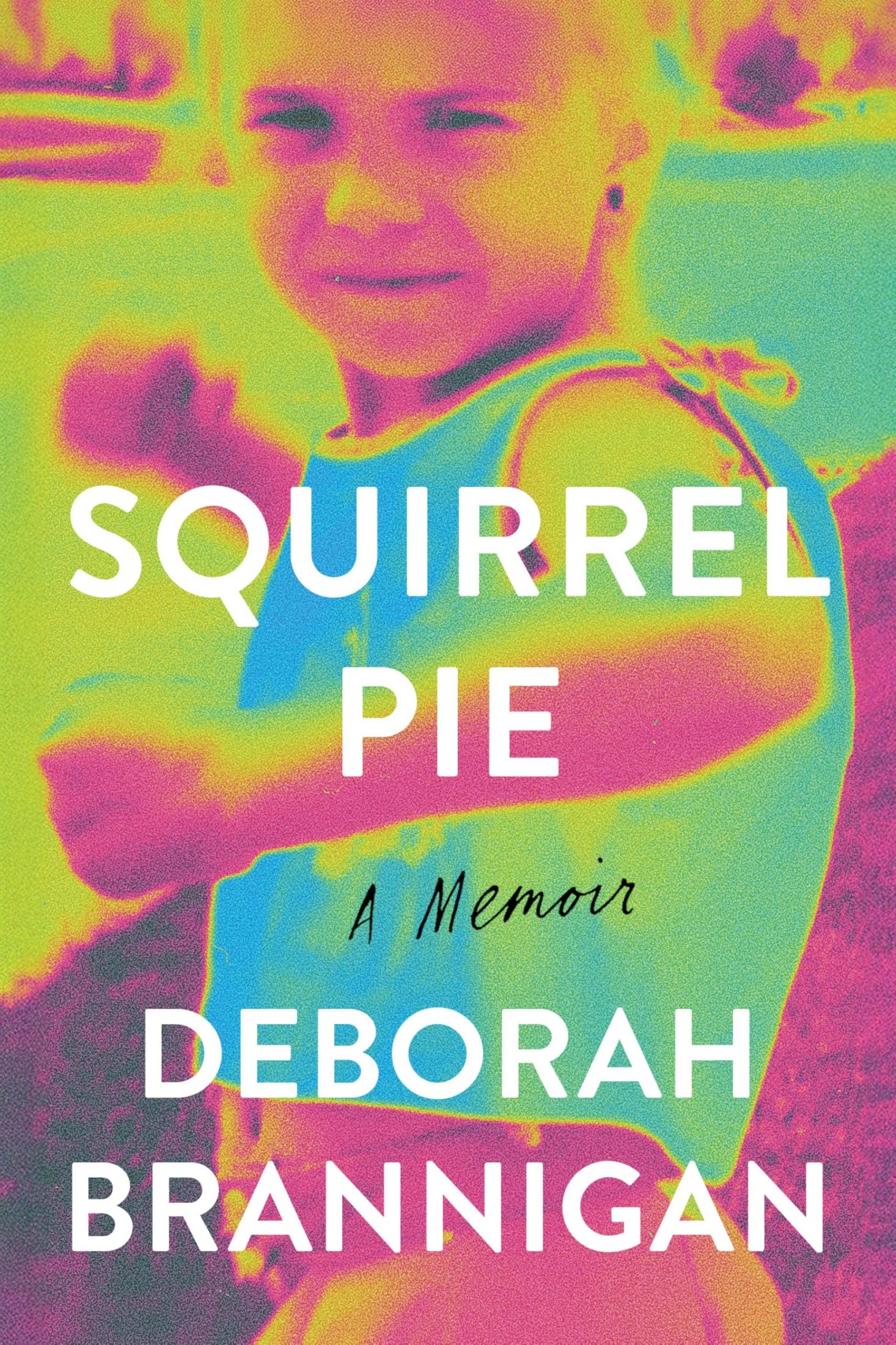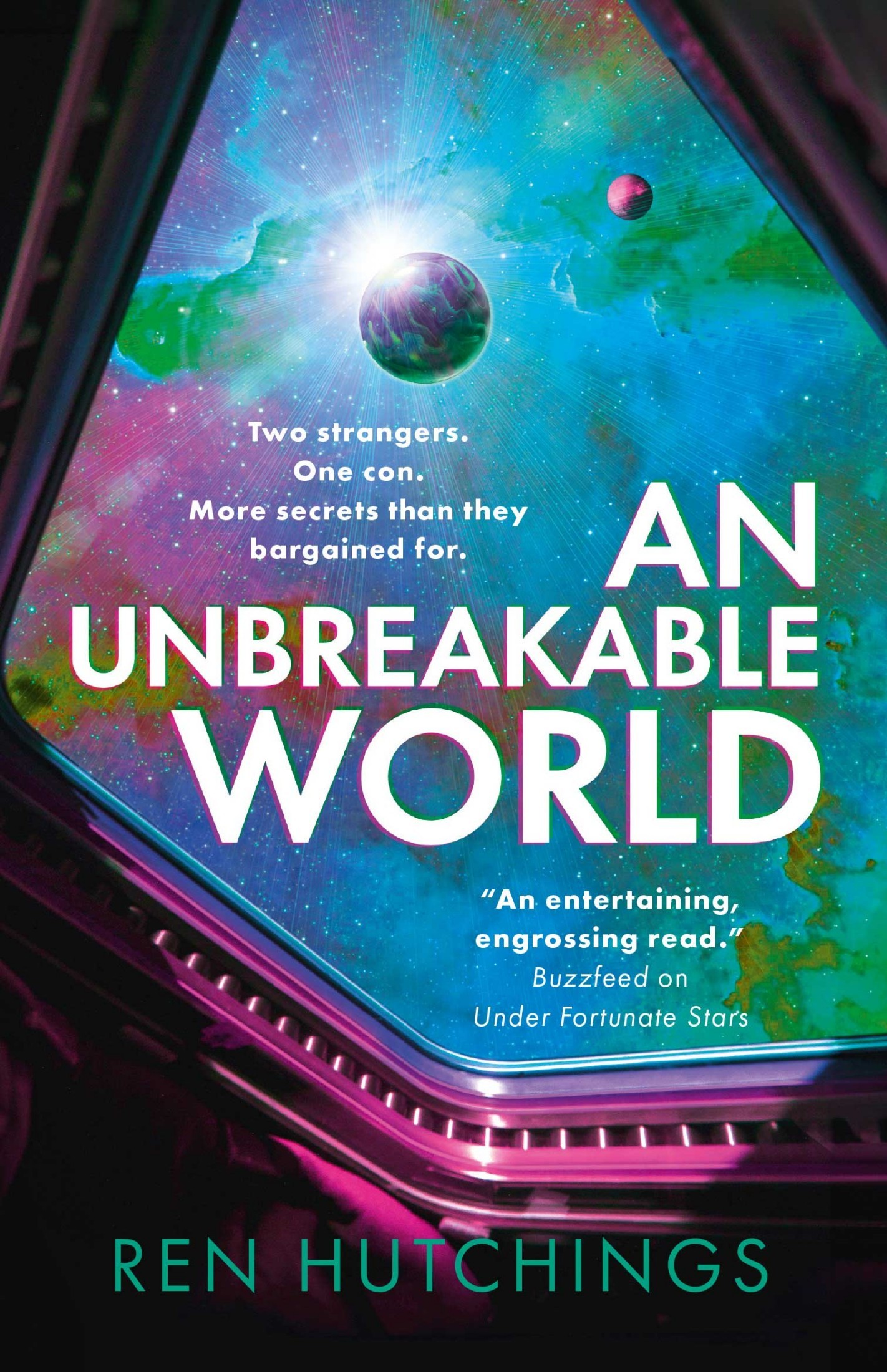“Whenever I read one of Victoria’s vignettes, I always feel so dumb because I can hardly understand them at all. And then I blame myself. I think, Kira, this must be just too brilliant for you to grasp. Surely you must have missed something. Even though there’s always been this small voice inside of me that says, Um, what the fuck is this, please? This makes no sense. This is coy and this is willfully obscure and no one but Victoria will ever get this. I would in fact need to live inside Victoria’s spoiled, fragmented, lazy, pretentious little mind to get it. And who apart from us, apart from me, is going to be willing to do that? To work all night with a Victoria Decoder? Who would even care to? And then I feel like screaming JUST SAY IT. TELL ME WHAT HAPPENED. TELL ME WHAT THE FUCK THIS MEANS AND WHAT YOU DID WITH HIM EXACTLY.”
